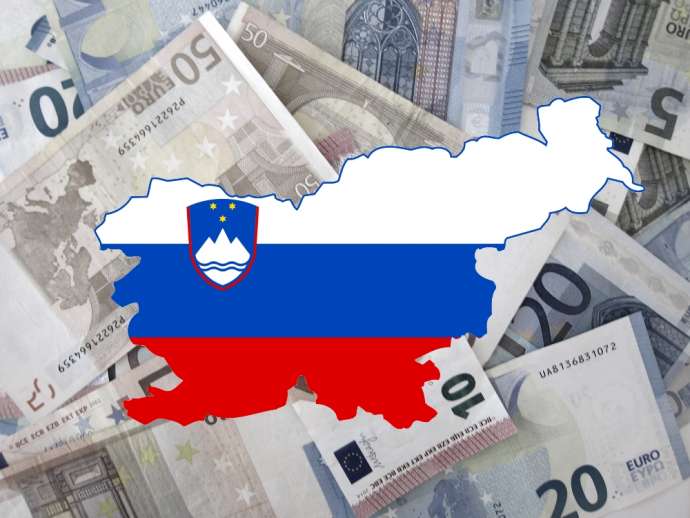STA, 4 December 2019 - Economist Velimir Bole has assessed that the Slovenian economy is much more resistant to new shocks than it was before the last economic crisis, but that the price for that is a somewhat lower growth. On the other hand, challenges remain when it comes to competitiveness related to a development breakthrough.
At Wednesday's presentation of Outlook 2020, a publication released by the Manager Association, Bole noted that companies and financial institutions had reduced their debt significantly. Households remain among the least indebted in Europe, and the state is under the eurozone average despite a high debt growth.
Overall, Slovenia is almost three times less indebted than the eurozone on average and is less indebted than the economic superpower Germany, he added at the event at the Ljubljana Faculty of Economics, hosted by the newspaper Delo.
According to Bole, indicators in public finances, balance of payments and price competitiveness have improved after the crisis significantly more than in the eurozone as a whole. Macroeconomic stability is much higher than before the crisis and is approximately at the level of Germany.
The resistance of the economy is thus significantly higher, but this does not come without opportunity costs, he said, adding that two of these were slower growth and a higher saving rate.
If there is no major global shock, which cannot be excluded, Bole believes that growth could accelerate again in the third quarter of next year, but one of the main questions is to what extent domestic consumption will be reduced in 2020 due to the slow-down in the manufacturing sector.
Arturo Bris, the director of the International Institute for Management Development (IMD), meanwhile said that despite the higher resistance of the Slovenian economy to a potential crisis, there were challenges regarding competitiveness.
The Lausanne-based institute manages an internationally-recognised economic competitiveness list, on which Slovenia places 37th in overall competitiveness, 32nd in digital competitiveness and 31st in terms of talent.
Bris pointed to what he believes are Slovenia's two major problems - the (in)ability to attract foreign direct investments, with the reason being unfavourable tax policy, and the rigid and restrictive regulation.
Slovenia's rating in both factors is very low, while it is very high in terms of social cohesion and security, he added.
While Slovenia is in a very good position in terms of digital competitiveness, there are two weaknesses - inadequate regulation for development of digital economy and companies not being as ready to introduce technological novelties as citizens.
When it comes to the availability of qualified workforce, Slovenia's problems are the inability to attract foreign talent despite good conditions and high quality of life, and educated and talented young people leaving the country.
According to Bris, the problem in Slovenia is not the framework for competitiveness or fairness of the system, but inefficiencies in the system. One of the problems is businesses distrusting the state, he said, adding that businesses should cooperate with the public sector, as this was the only way for major changes.
He admitted that the observations of Slovenian business executives participating in IMD surveys did not necessarily always reflect the reality. This is a problem and this gap needs to be closed, otherwise the country's reputation will be worse than it actually should be, he added.






